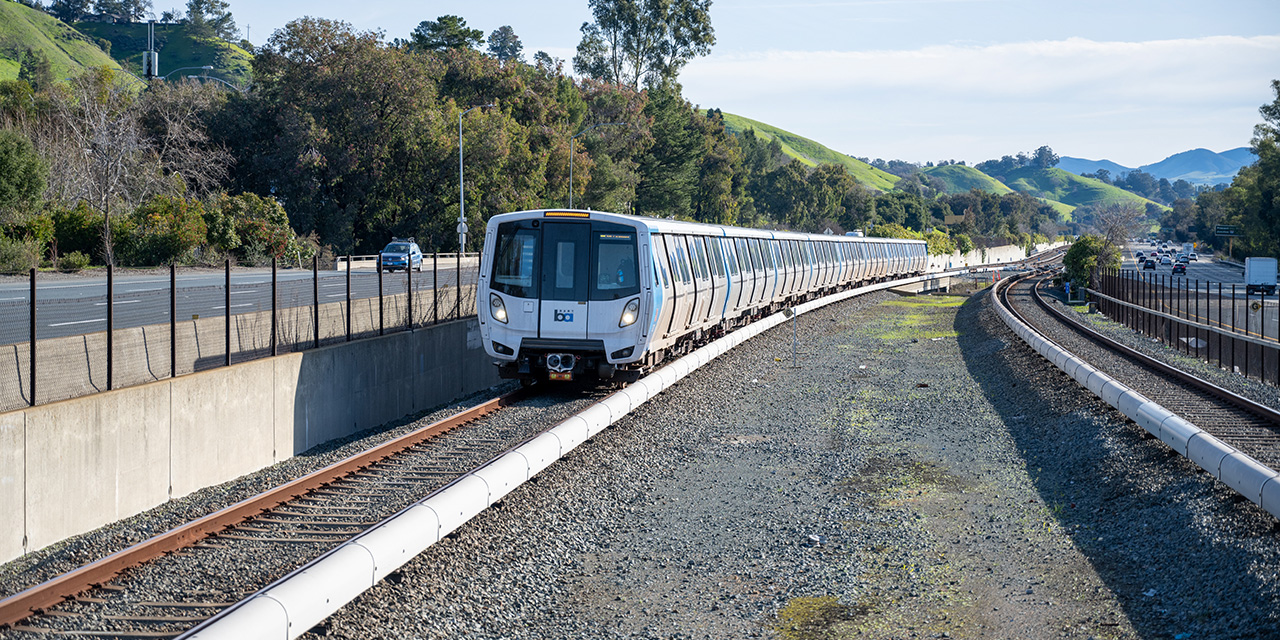
"The Bay Area Rapid Transit system, originally designed to showcase futuristic capabilities, now faces a significant financial crisis driven by soaring operational costs, primarily labor expenses."
"BART anticipates annual deficits of $400 million, putting its operational budget at risk and leaving little room to manage its outstanding debt exceeding $3 billion."
"To address these issues, California legislators are proposing Senate Bill 63, which could introduce a sales tax increase to generate an estimated $550 million annually for BART and other transit agencies."
"Despite the challenges, BART still serves nearly 200,000 daily riders, indicating its importance in a major economic region, even amidst the risk of a 'death spiral' for transit systems."
The Bay Area Rapid Transit system, once a symbol of futuristic public transport, is nearing financial collapse due to excessive labor costs, expecting annual deficits of $400 million. This alarming situation is compounded by over $3 billion in debt, making borrowing impractical. Effective from next year, BART's cash reserves will only last until the end of the decade without intervention. Sacramento lawmakers are introducing Senate Bill 63 to propose a sales tax increase that could raise around $550 million annually to support BART and other local transit agencies in crisis.
Read at City Journal
Unable to calculate read time
Collection
[
|
...
]